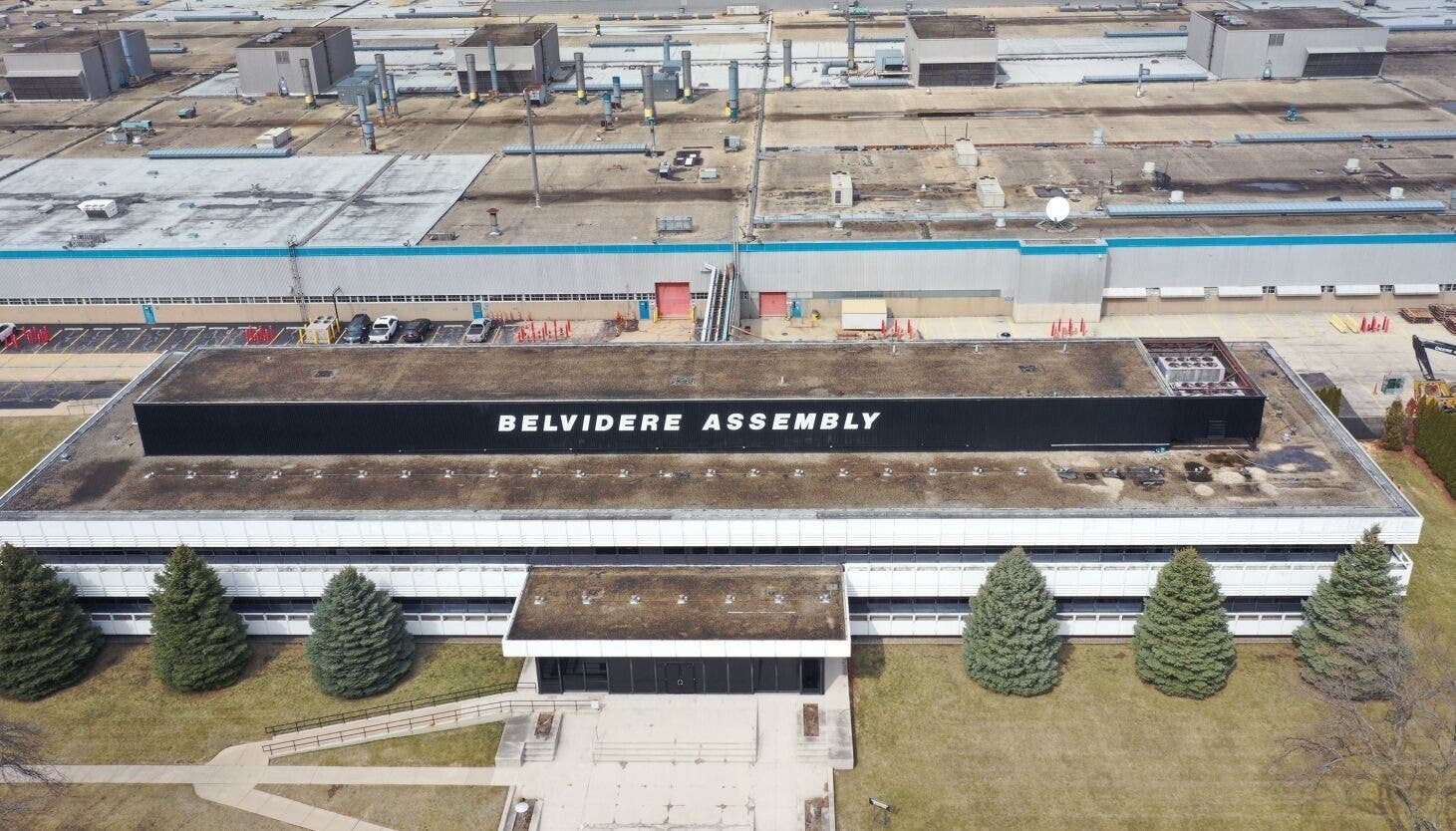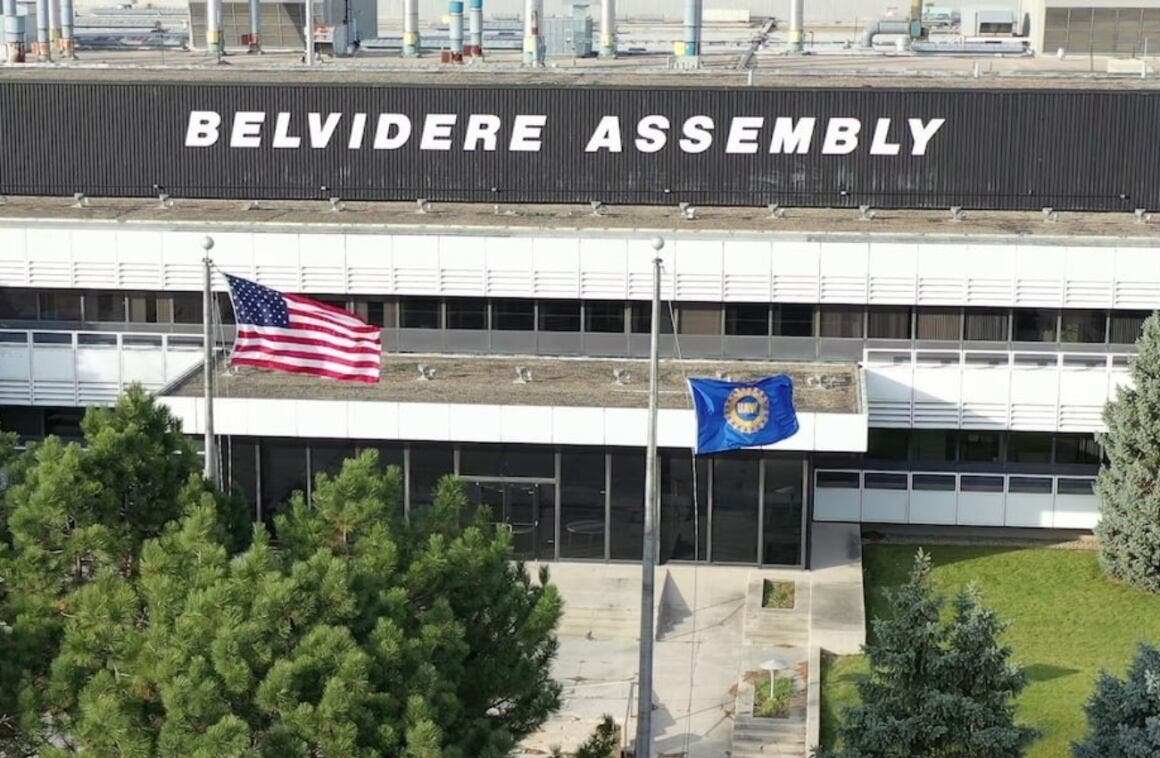A contract clause becomes the detonator of a dispute that threatens to trigger a national strike, with knock-on repercussions for the entire production chain. The repercussions of this conflict could extend far beyond the plant’s borders, triggering a shock in the entire industry and the U.S. economy. UAW explaining why Belvidere’s crisis really happened
Stellantis-UAW clash: contract clause and Belvidere’s future in the balance
The diatribe between automaker Stellantis and the United Auto Workers (UAW) union over the plant in Belvidere, Illinois, is far from subsiding. On the contrary, there are now fears that things could even get worse with potential knock-on effects on the U.S. auto industry and the local economy. At the center of the strong discussion, we find a contract clause that has given room for sharply conflicting interpretations regarding future investment and employment at the plant.
To be precise, the detail that is most putting everyone on the fence seems to be a specific sentence in the collective agreement. This is a part of the contract that ties Stellantis’ investments solely to the performance of the plants, the continuous fluctuation of the market, and especially by consumer demand, which is also constantly changing. This contract clause, according to the company, would justify the postponement of investments that were planned for the Belvidere plant. These, would have been for the opening of a Mopar parts hub and at the same time the production of a mid-size pickup egg.

UAW: the real reason behind the Belvidere crisis
The UAW union, although the clause seems to be quite clear, strongly questions this kind of interpretation. In fact, the union says, the delays for investments have stemmed from a corporate strategy that has turned its attention to minimizing costs and maximizing profits, rather than moving according to the difficulties it continually encounters in the market. UAW union leaders also say that the competition fielded by General Motors and Ford, is finding excellent results. This would confirm the union’s contention that Stellantis is experiencing the difficulties we know because of business management that is not at all effective and an overly aggressive pricing policy.
The Belvidere plant’s temporary closure has already caused a significant impact on the local economy, with hundreds of workers quickly finding themselves laid off. The Belvidere community and local authorities have shown great concern about the future of the plant, with fears that production within it will no longer be restarted.

Regrettably, there are also fears that the current disagreements between UAW and Stellantis, could cause consequences not only for the Belvidere plant, but also for the entire U.S. auto industry. Namely, it is feared that a strike, even of just some of the active plants, could cause serious problems of disruption in car production, driving up costs disproportionately for so many companies. Additionally, this issue, could also negatively affect the various contract negotiations that are underway with other unions in the automotive sector.

Industrial conflict and the wealth redistribution debate
The struggle that the Belvidere plant is experiencing is being placed in a broader political context, which is mainly concerned with the growing tensions between workers and companies, which are always heated. The election campaign that is currently underway in the United States has put important issues in the spotlight. These would concern the redistribution of wealth, the protection of workers’ rights, and the defense of the manufacturing industry. Now, it is only hoped that the parties involved, namely the UAW and Stellantis, can quickly find common ground to prevent this conflict from becoming unduly prolonged, harming companies and workers even permanently.
